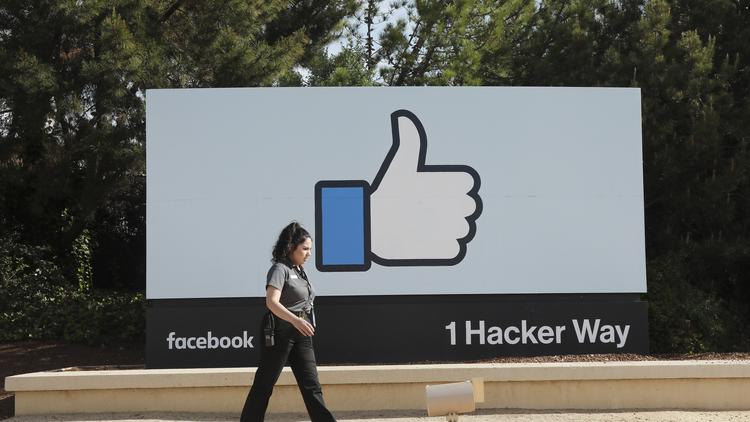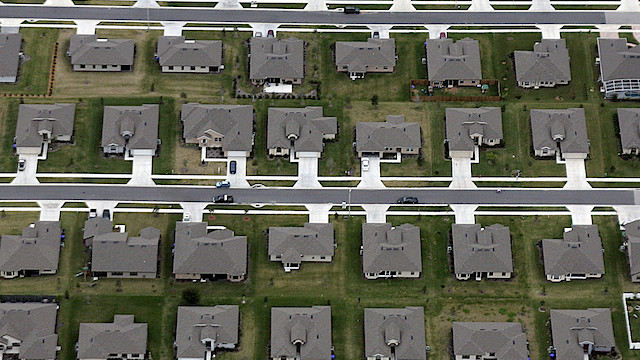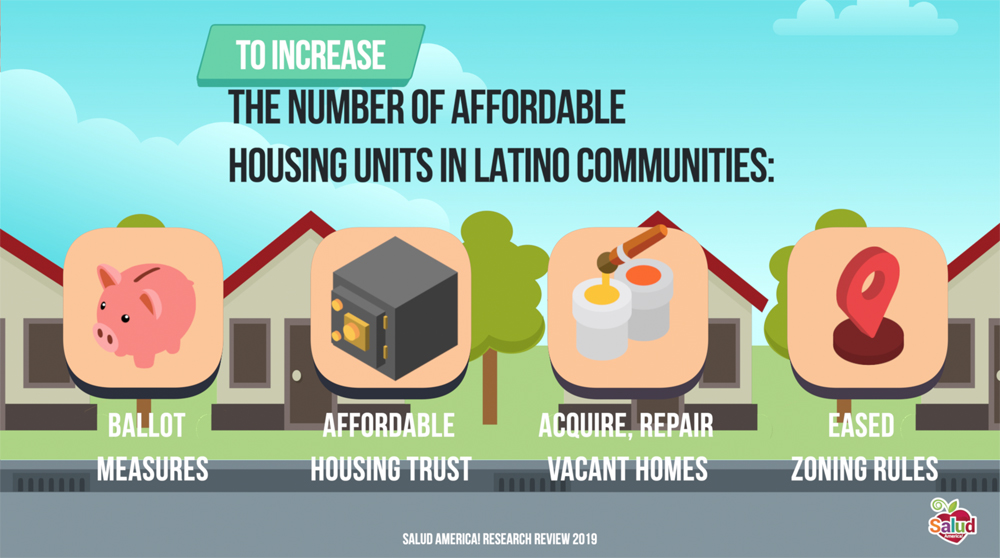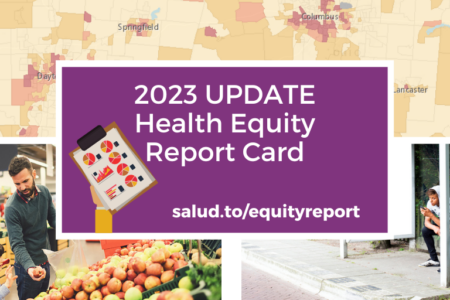
Share On Social!
Facebook has announced a $1 billion pledge for grants, loans, and land to address the California housing crisis that it and other tech giants helped create.
The $1 billion commitment will be distributed for five projects:
- $250 million for mixed-income housing on excess state-owned land where housing is scarce.
- $225 million in land that Facebook recently purchased in Menlo Park, home of Facebook’s headquarters, where real estate prices have skyrocketed. The plan is for over 1,500 units of mixed-income housing.
- $150 million to build affordable housing in the San Francisco Bay Area, including housing for the homeless.
- $25 million to build housing for teachers and essential workers in San Mateo and Santa Clara, enabling them to live near the schools where they work.
- $350 million toward future commitments.
Details of these projects, and their approval by officials, is not known.
“If we are going to solve housing, we have to hit every income level,” Menka Sethi, director of location strategy for Facebook, said in an interview, according to the New York Times. “The market is not building this housing, and we are currently working with nonprofit developers to figure out what our capital needs to look like to make that happen.”
Why Does California Need Help with Affordable Housing?
California has a shortage of more than 1 million affordable rental units. Funding to fill in the gap is behind what’s required, according to a report.
 The state’s major cities—San Diego, Oakland, San Jose, Los Angeles, and San Francisco—are all in the top-10 nationally for highest median rents. Average housing prices also have climbed from $300,000 in 2012 to $550,800 in 2018, according to Zillow.
The state’s major cities—San Diego, Oakland, San Jose, Los Angeles, and San Francisco—are all in the top-10 nationally for highest median rents. Average housing prices also have climbed from $300,000 in 2012 to $550,800 in 2018, according to Zillow.
California’s homeless population reached 129,972 in January 2018. That is near half of all unsheltered homeless people in the U.S.
According to a report by independent researchers Beacon Economics, “certain jurisdictions in California will not meet their low-income housing production targets for more than 1,000 years” at the current rate of development.
Why Is Facebook Chipping in the California Housing Crisis?
Big tech is driving the economy while contributing to the housing crisis, some experts say.
“On one hand, tech companies have helped fuel the housing crisis—sprawling across cities that are bursting at the seams with little investment in public infrastructure, and avoiding taxes that might help the poor and homeless at virtually every turn,” Ankita Rao recently wrote for Vice.
“On the other, they’re positioning themselves as postmodern Robin Hoods, announcing plans to build apartments for rent and subsidize others.”
 Facebook isn’t the only company responding.
Facebook isn’t the only company responding.
In June 2019, Google pledge to give $1 billion in Bay Area.
In January 2019, Microsoft pledges $500 million toward affordable housing in Seattle. Wells Fargo in June donated $1 billion to address the housing affordability crisis throughout the U.S. through 2025.
For what it’s worth, government leaders indicate a need for these efforts.
California Gov. Gavin Newsom said, in response to Facebook’s $1 billion pledge, that “state government cannot solve housing affordability alone.”
“We need others to join Facebook in stepping up,” he said in a statement. “Progress requires partnership with the private sector and philanthropy to change the status quo and address the cost crisis our state is facing. “Public-private partnerships around excess land is an important component in moving us forward.”
What’s Next for Affordable Housing?
Go here to learn more about these six important steps toward creating more affordable housing:
 Create affordable housing trusts.
Create affordable housing trusts.- Fund housing via bond elections.
- Offer incentives, tax breaks for affordable housing.
- Relax zoning, development rules for affordable housing.
- Engage big tech companies, businesses.
- Revitalize neighborhoods.
Want to know more about housing?
Check out our Salud America! research review on housing for a bigger picture.
Read about our Salud Heroes, Joseph Smooke and Dyan Ruiz , who created a cartoon to show the harsh impact of unaffordable housing in San Francisco, and push for reform!
LEARN MORE ABOUT Affordable Housing!
Editor’s Note: Main photo via New York Times.
Explore More:
HousingBy The Numbers
56.9
percent
of Latinos are "housing cost burdened"



